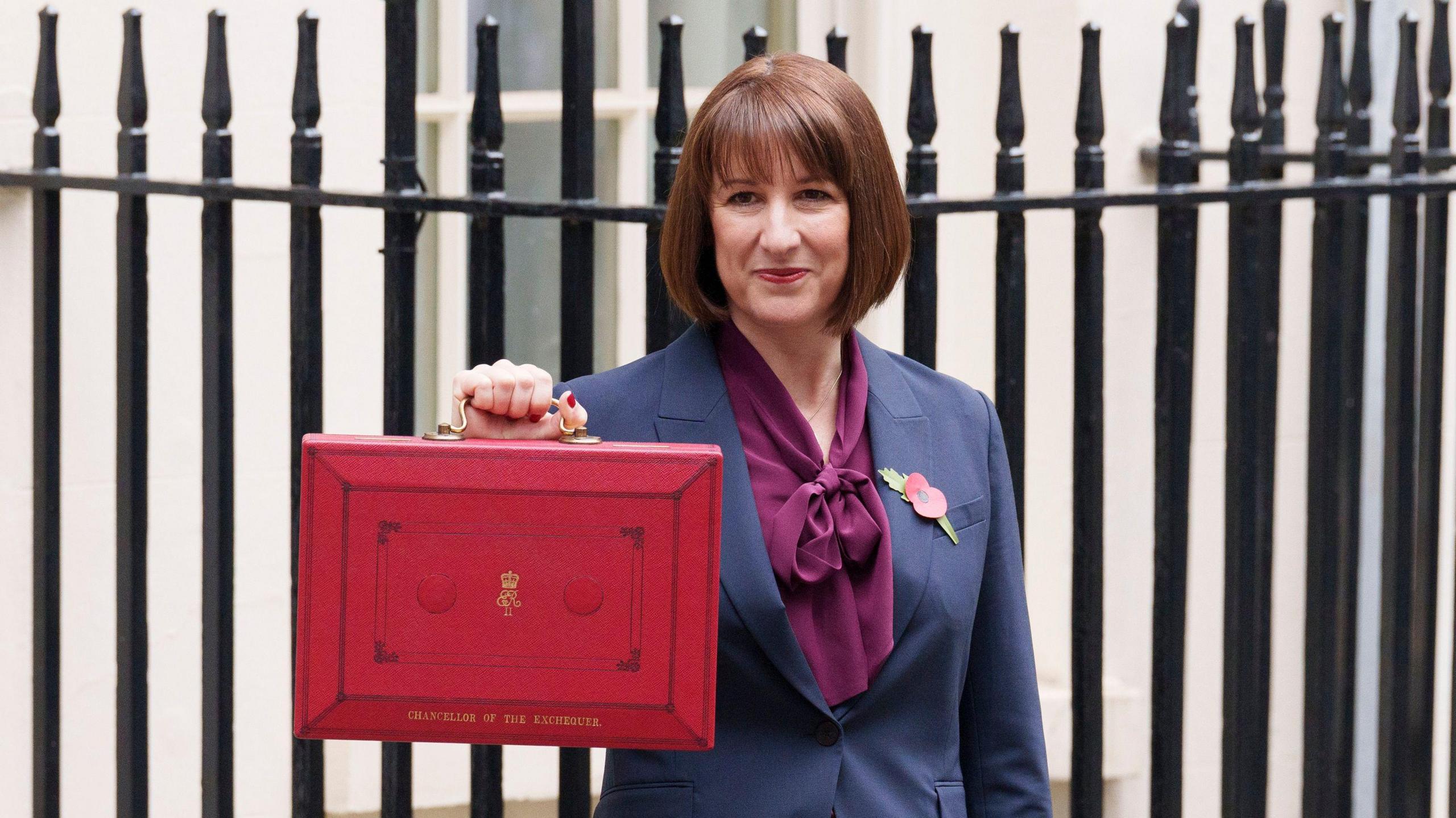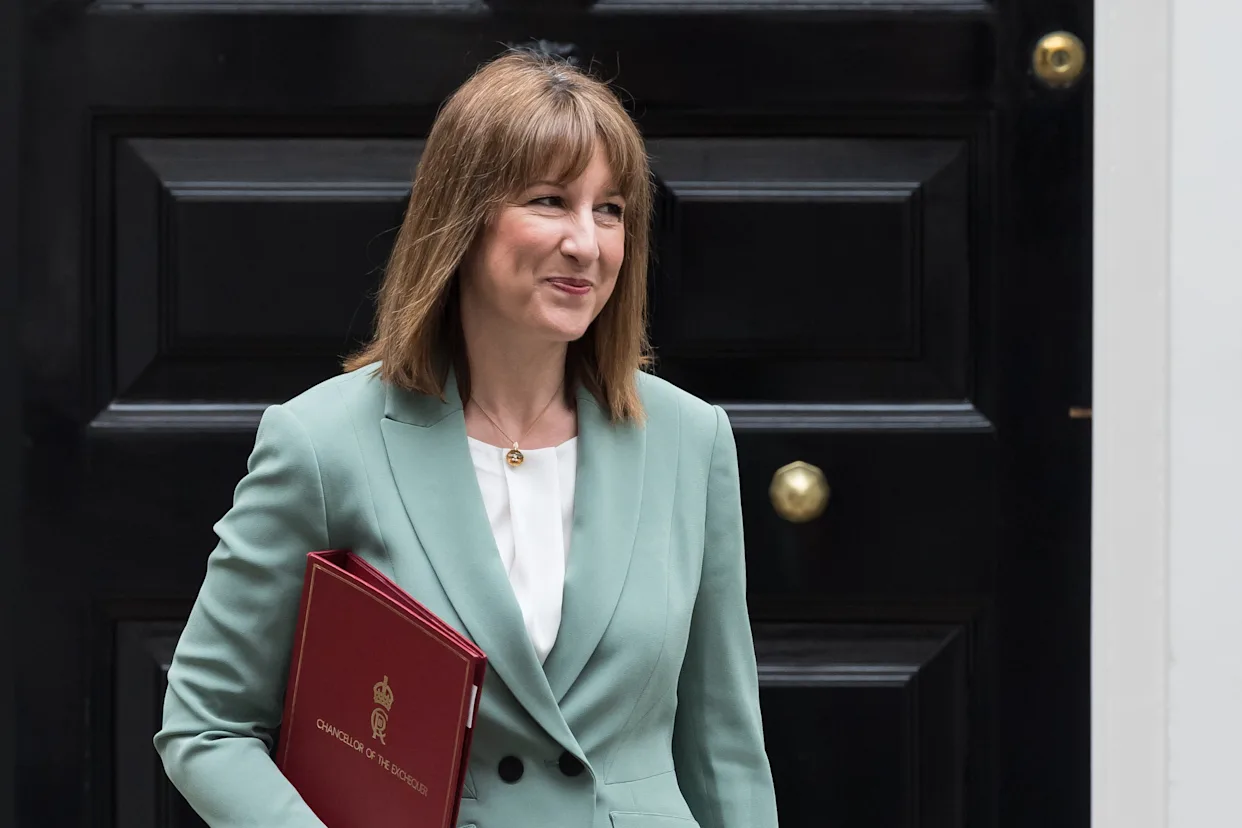Thousands of UK businesses face this fiscal event with a heavy sense of dread. It marks a true moment of reckoning after a punishing year. The £25 billion National Insurance hike hit hard alongside steep wage increases, soaring energy costs, and persistent inflation. Boardroom confidence now sits at its lowest since the pandemic depths. Companies have frozen investments, held off on new hires, and clung to uncertainty for months. As Chancellor Rachel Reeves gears up for her second Budget on November 26, leaders across the country whisper the same anxious plea. What fresh burdens will land next, and at what price?
Economic insiders, from advisers to Treasury veterans, whisper one stark reality. Taxes must climb higher to plug the gaps. The debate rages over targets, timelines, and the hardest-hit sectors. Yet amid the gloom lurks a tangled financial web. Rising taxes clash with easing inflation, dropping interest rates, and fresh incentives. This mix could redraw the rules for British enterprise for years to come.

Chancellor Rachel Reeves pictured with the iconic red Budget Box outside Downing Street, as speculation grows over a potential changes to taxes.
A Budget That Drains, Then Refills: The High-Stakes Fiscal Tightrope
Forecasts paint a grim short-term hit from this Budget. It could trim 0.2% off GDP growth in 2026 for an economy limping along at just 0.1%. Recent leaks add fuel to the fire. Reeves eyes a £7.5 billion grab through frozen income tax thresholds, sparing her election pledge but squeezing workers and firms alike. Another blow looms in a £2 billion raid on salary sacrifice schemes, curbing perks like pension boosts and electric vehicle leases that many businesses use to lure talent.
The government banks on a clever offset though. The Bank of England stands ready to ease its grip on monetary policy. Lower rates promise to ignite borrowing, ease debt burdens, fuel investments, boost consumer loans, and steady wobbly housing and commercial property markets. Picture the Treasury pulling cash out through austerity while the central bank pumps it back via cheaper money. Reeves will hammer this duo in her speech to soothe frayed nerves. It's a knife-edge play, one slip from tipping fragile hopes into outright fear.
Rain Newton-Smith, chief executive of the Confederation of British Industry, captures the raw edge of this tension. She urges the chancellor to "prove growth is your priority – make hard choices for it." Her words echo the quiet desperation in meeting rooms nationwide, where executives brace for pain but crave proof of a vision beyond survival.
Relief in the Shadows: What Stays the Same Could Save the Day
Savvy government whispers hint at judging this Budget by its silences as much as its shouts. No seismic tax bombshells aimed at the core of commerce. No sweeping levies on everyday operations. No fresh waves of red tape to choke expansion. In a landscape scarred by policy whiplash over half a decade, mere steadiness feels like gold.
A top adviser nails the sentiment with unflinching candor. Pain will come, they say, but chaos stays off the table. Businesses can grit their teeth through aches if leaders signal the storm has passed. This restraint alone might unlock stalled plans, letting firms exhale and eye tomorrow.
Business Rates and Energy: Pressure Valves Finally Turning
Business rates stir the fiercest fury among retailers, pubs, and gyms. The post-pandemic discount plunge from 75% to 40% slammed monthly bills sky-high. Reeves has nodded at overhaul before, and her circle grasps the powder keg on high streets.
Expect tweaks to lock in current breaks, ease rate spikes for growing small outfits, and hike levies on mega retail sheds. Independents and mid-tier players snag breathing room while giants and landlords shoulder more. It sidesteps full fixes but mends the system's cruelest kinks.
Over in energy, a quiet victory brews for 7,000 heavy users from pill makers to fridge warehouses. The Business Secretary tees up a review to slash bills for these vital cogs in pharma, factories, data hubs, and trucking fleets. With power costs gnawing at profits like never before, even modest shifts could fatten margins and spark hiring sprees.

Chancellor Rachel Reeves outlines plans to increase some taxes in the November Budget.
Planning Overhaul: The Quiet Giant That Could Ignite Growth
Reeves dubs the incoming Planning and Infrastructure Bill her parliament's crown jewel. It aims to slash waits for office builds, rush home sites to market, free up idle land, and streamline roads and rails. Delivered right, this beast could jolt confidence not with tax bandaids but with greased tracks to scale.
Long-game faith hinges here. Businesses ache for signals that bureaucracy bends to ambition, not the reverse. A smoother path to build and expand might finally coax that pent-up cash off the sidelines.
The Fiscal-Monetary Jig: How Cheaper Money Could Blunt Tax Bites for Your Firm
At the heart of this Budget swirl lies a classic economic pas de deux, fiscal policy locked in step with monetary moves. Fiscal policy covers the government's wallet tricks, like hiking taxes to fund schools or slashing spending to tame deficits. It shapes the big-picture cash flow in and out of pockets. Monetary policy, handled by the Bank of England, tweaks interest rates to steer borrowing costs and money supply. Think of it as the thermostat for economic heat, cooling inflation or warming sluggish demand.
This Budget leans fiscal tight, squeezing via taxes to steady public books. Yet monetary loosening counters with rate dips, eyed at 0.25 percentage points twice in 2026 down to 3.5%. For businesses, this duet spells targeted mercy. Cheaper loans mean a café owner refinancing £200,000 debt drops annual interest from £12,000 at 6% to £10,000 at 5%, freeing £2,000 for stock or staff. According to analysis reviewed by Finance Monthly, such cuts could inject £15 billion in extra lending to small firms next year alone, a lifeline amid wage squeezes.
The insight? This isn't blind offset but surgical balance, aiming for a soft landing where tax pain stings less against rising revenues from growth. Experts like those at the Resolution Foundation warn of pitfalls if rates lag, but timed right, it flips dread to cautious thrill. Your firm stands to gain if you eye refinancing now, turning policy winds into tailwinds for margins squeezed to 4-6% in retail lately.
Budget Buzz: What Fellow Readers Want to Know
Will the 2025 UK Budget Pile More Taxes on Small Businesses?
Small outfits fret over fresh hits, but signals point to restraint on broad assaults. Reeves targets freezes on worker thresholds for £7.5 billion rather than direct firm levies, sparing many independents immediate shocks. Business rates tweaks offer targeted breaks too, like permanent discounts for high-street heroes. Still, national living wage jumps above inflation could nudge payrolls up 5-7%, so brace for that quiet creep. Overall, it's pain managed, not multiplied, letting 86% of small firms per recent polls exhale if growth levers pull through. Watch for consultations to soften edges further.
How Might Bank of England Rate Cuts Ease Pressures on UK Companies?
The Bank's pivot to lower rates, potentially halving from peaks, acts like a pressure release valve for debt-laden balance sheets. Firms with variable loans see monthly outgoings drop fast, say £500 shaved from a £100,000 facility per 0.5% cut. This frees cash for hires or kit amid £25 billion prior tax scars. Inflation's slide to 2% by mid-2026 amplifies the boon, curbing input costs too. It's no tax cure-all, but for sectors like hospitality where margins hover at razor-thin 3%, it could mean survival turning to modest revival. Leaders urge watching December's meeting for the first nudge.
What Reforms Are Coming for Business Rates in the Autumn Budget?
Reeves' squad eyes a revamp to end the "cliff-edge" misery where growing shops face bill explosions. Permanent 40% discounts for retail and leisure could save a corner store £10,000 yearly, per industry math. Larger chains foot steeper tabs on empty big boxes, shifting £1 billion burden upward. It won't erase the £8 billion annual pot but irons distortions fueling 20,000 high-street closures since 2020. Hospitality bosses like UK Hospitality's Allen Simpson hail it as vital to stem job losses, urging VAT parity with Europe's 9% cuts. If landed, it rebuilds trust in a fairer fight.














